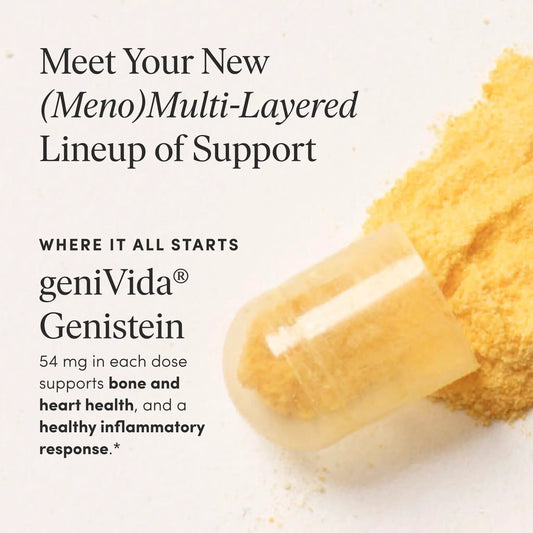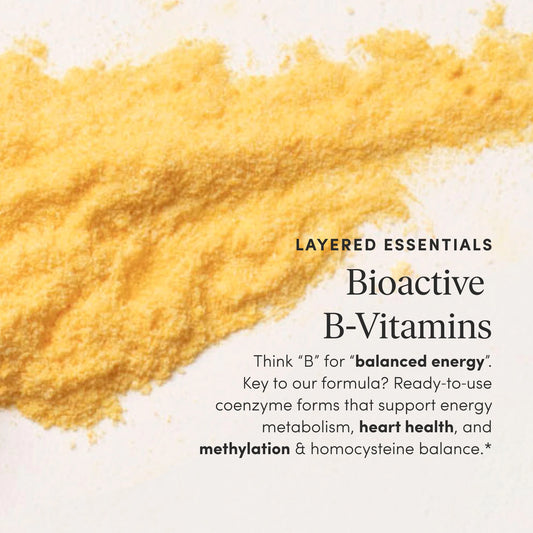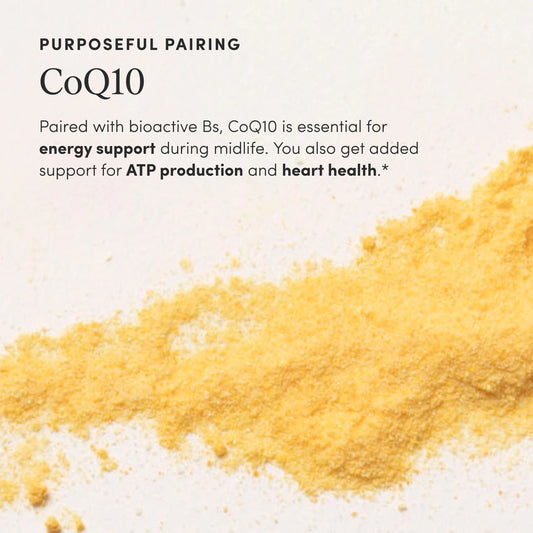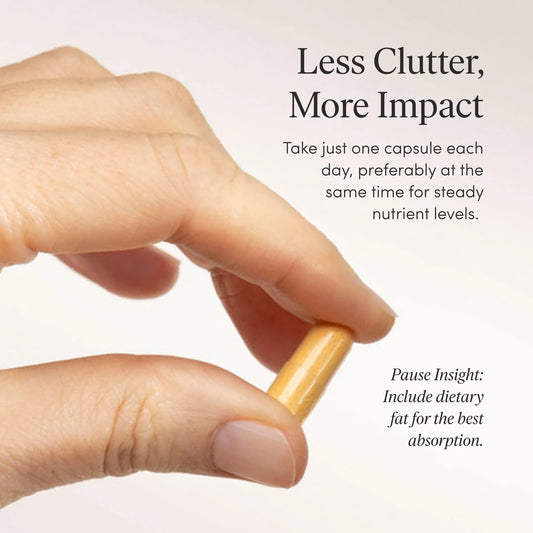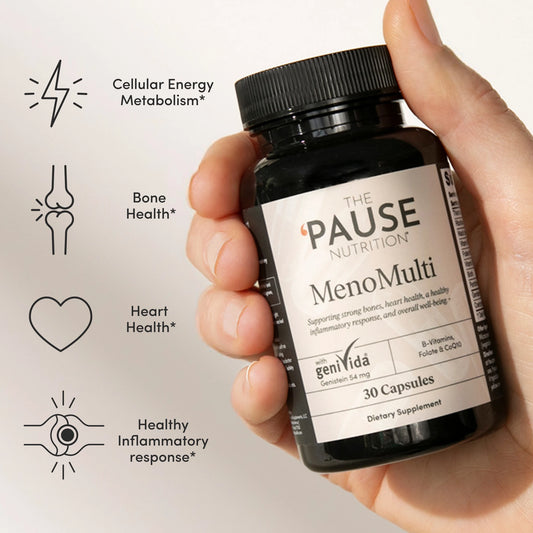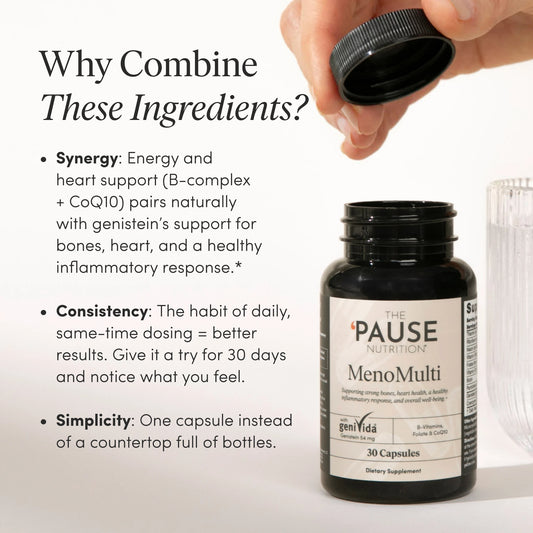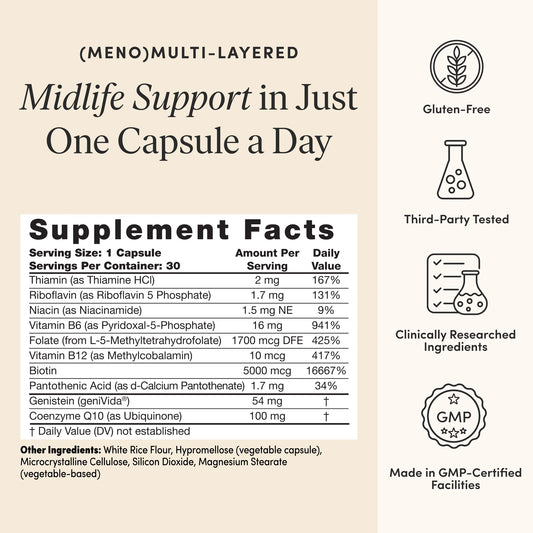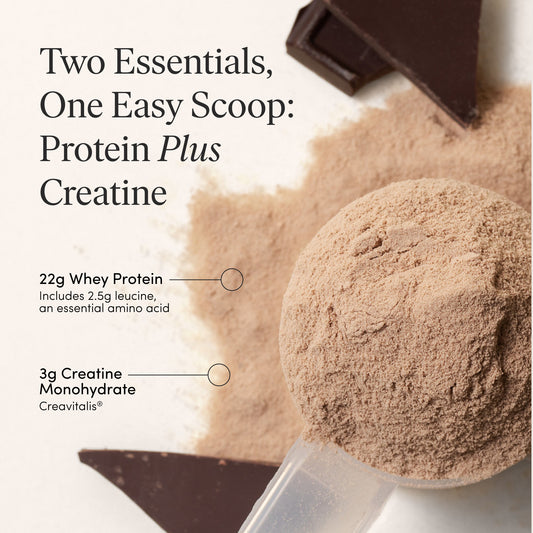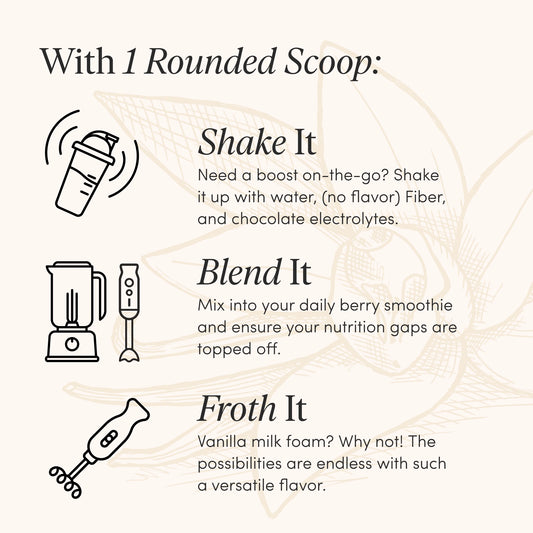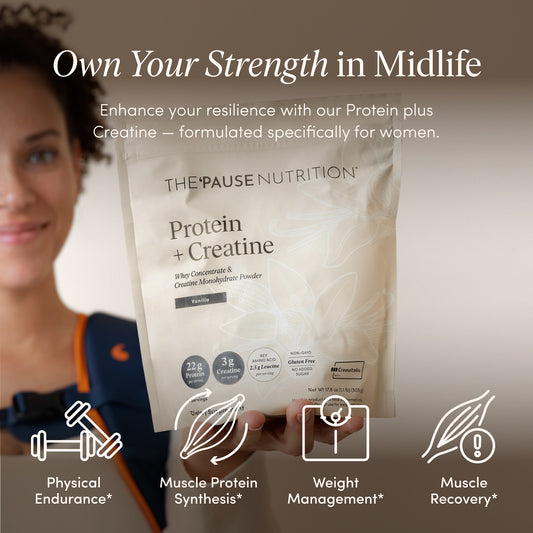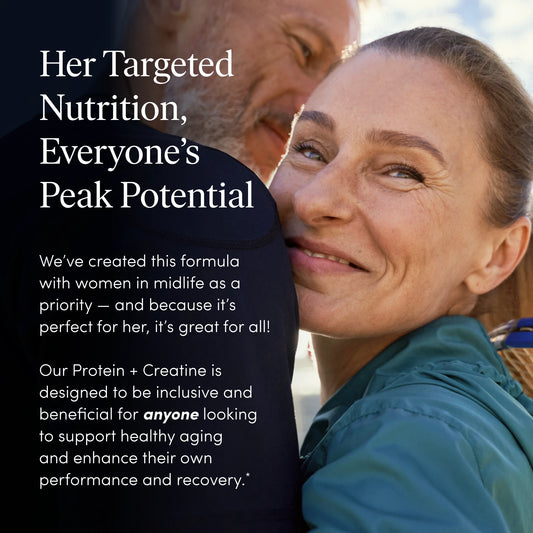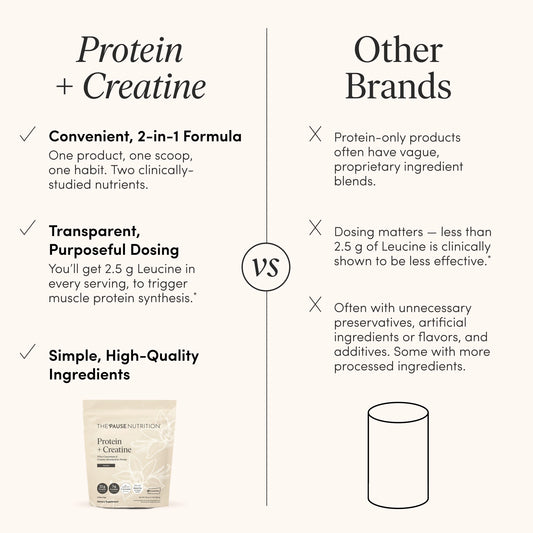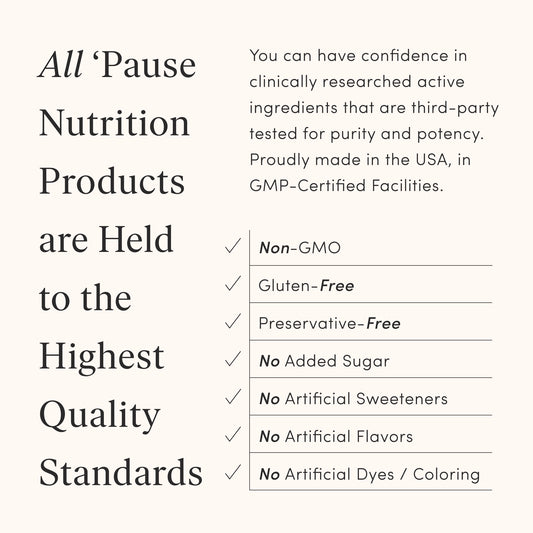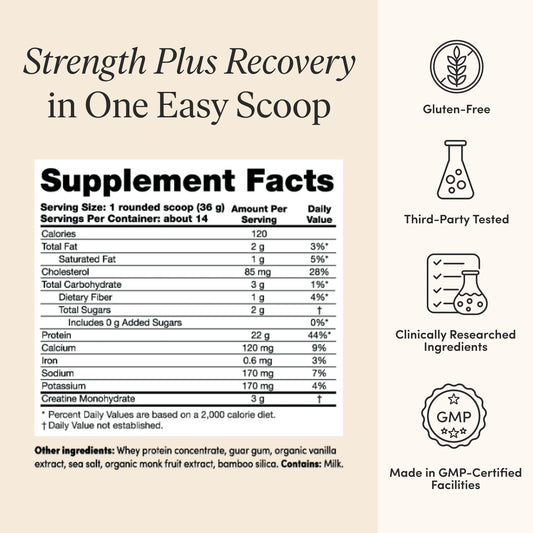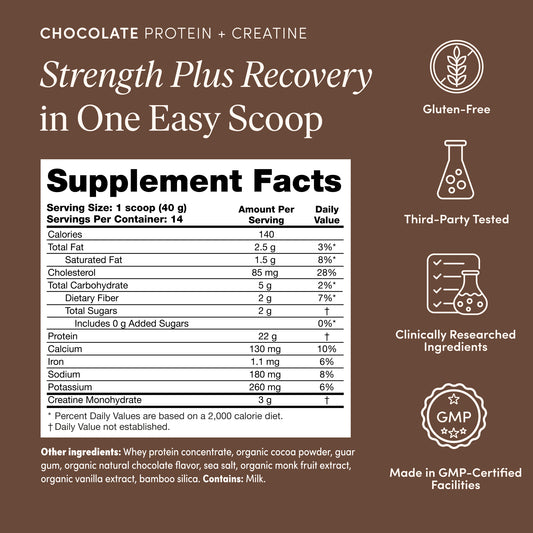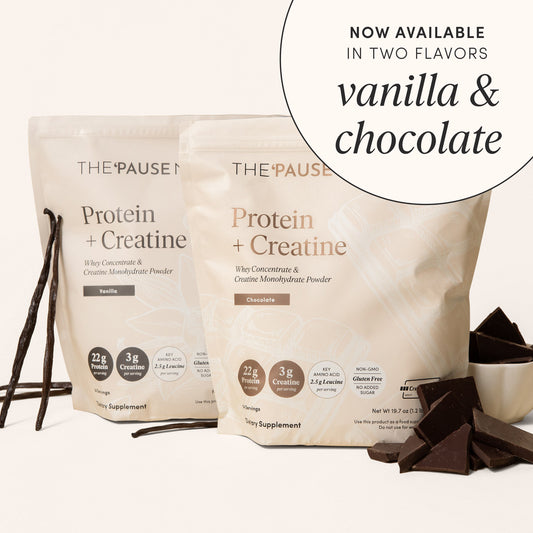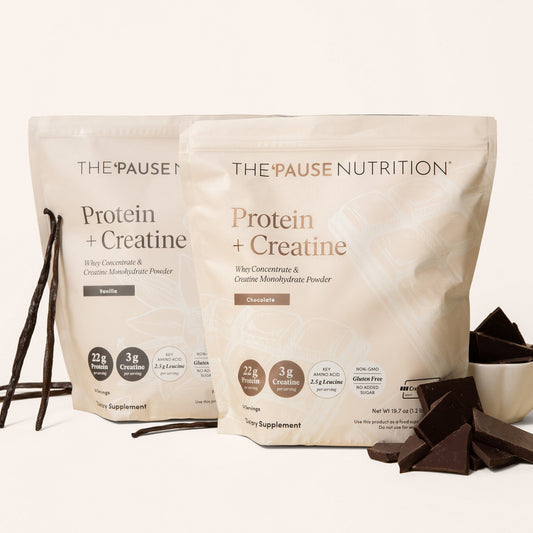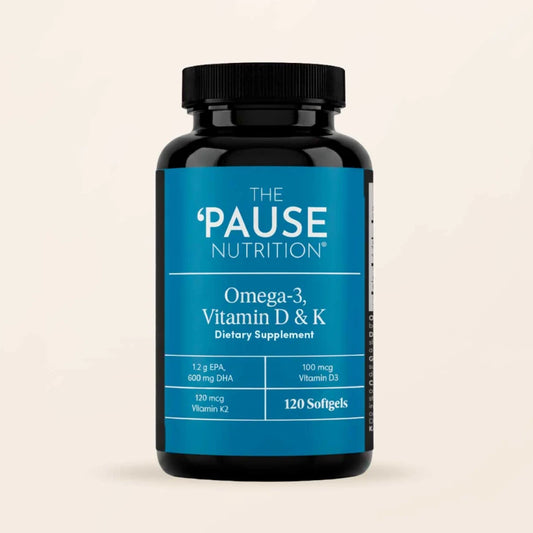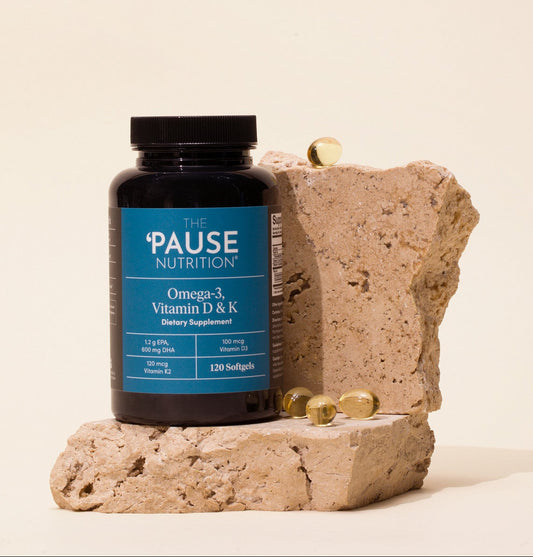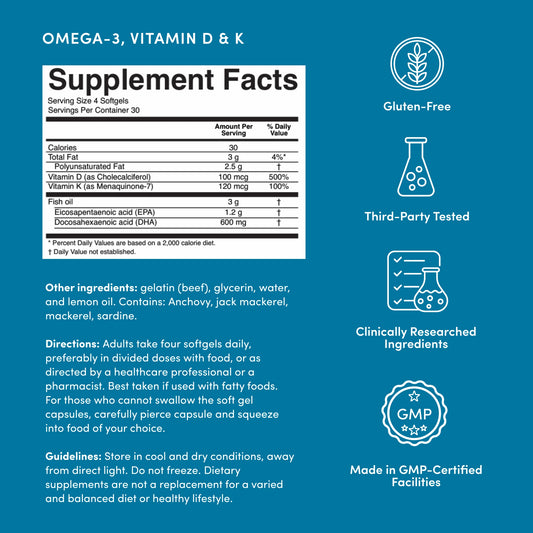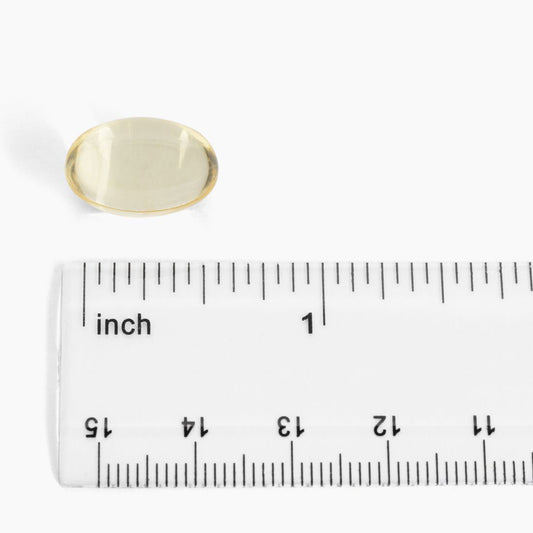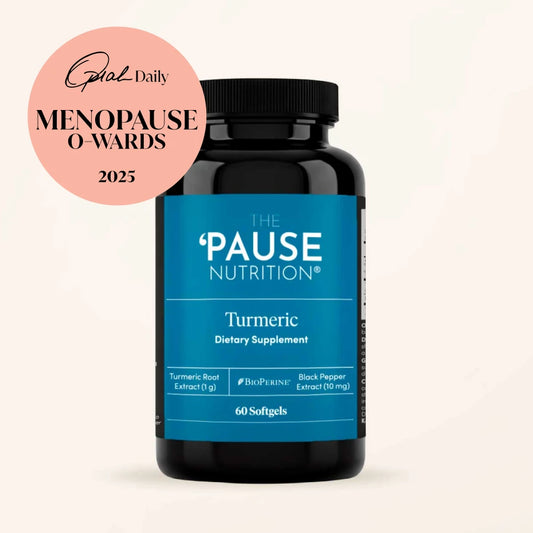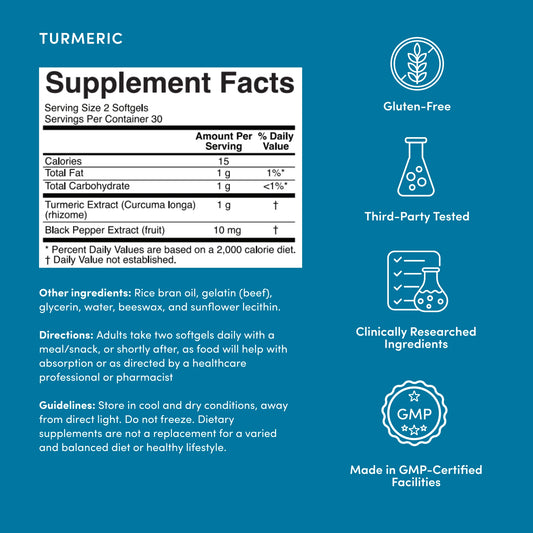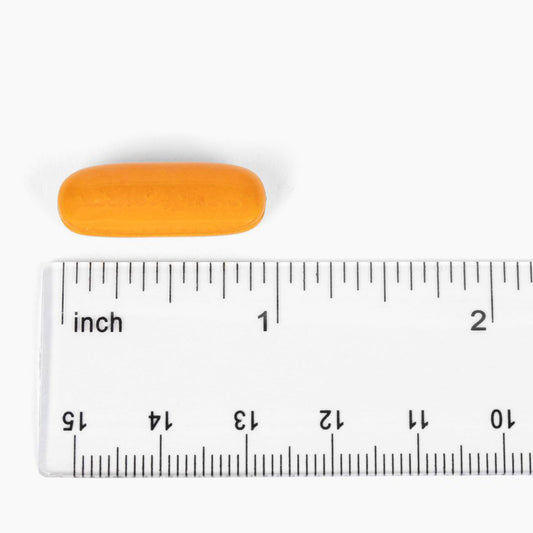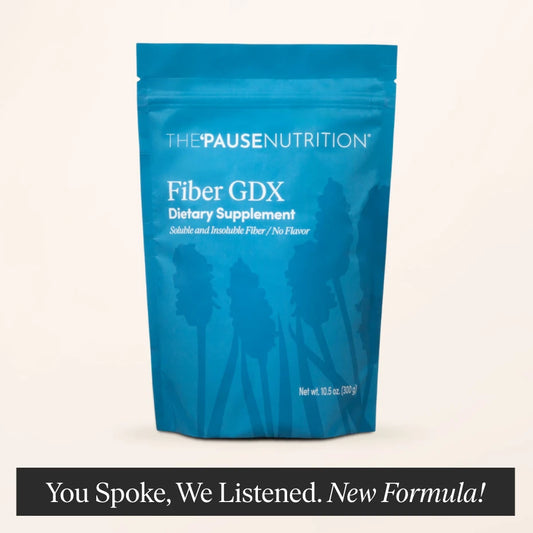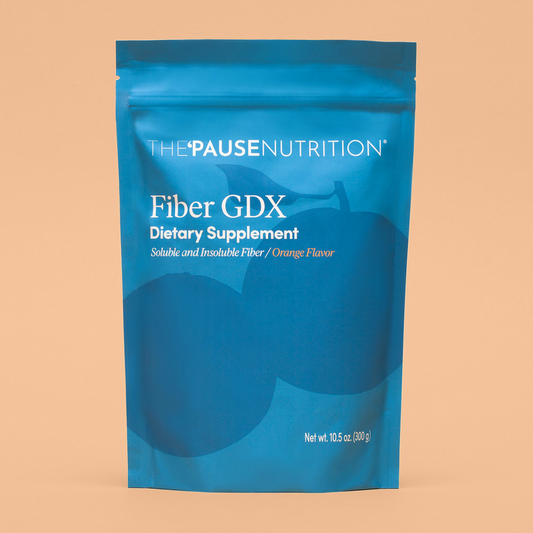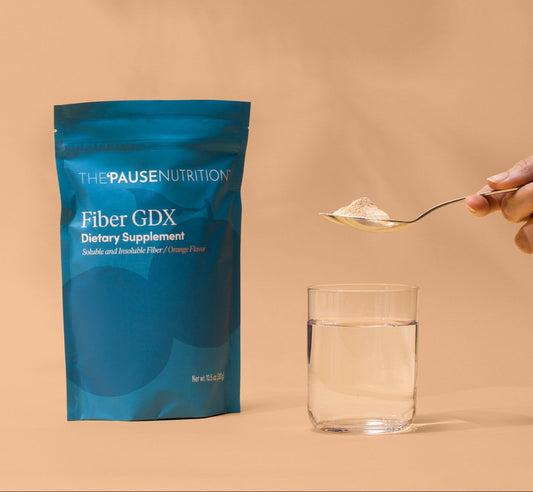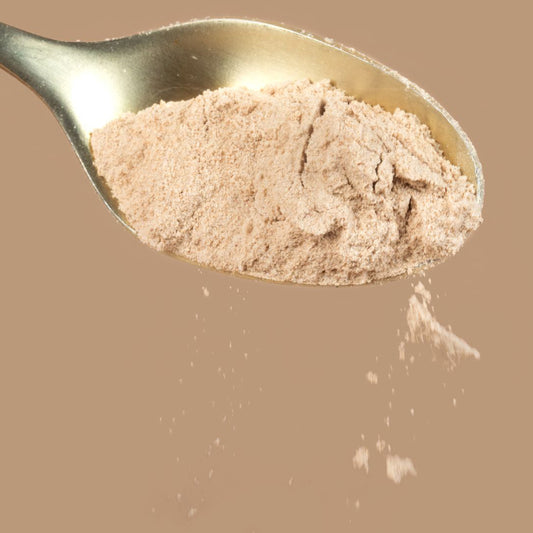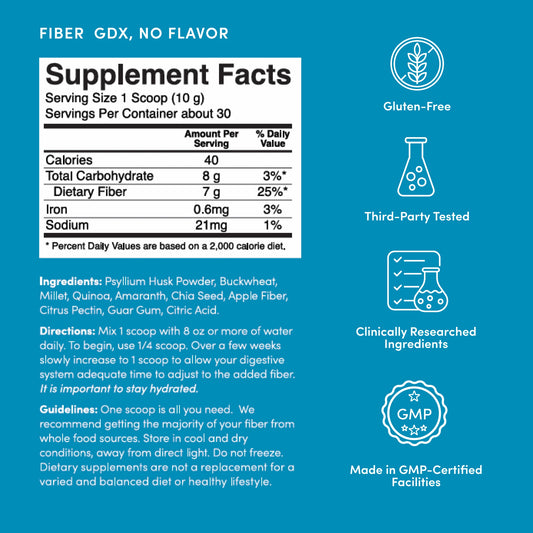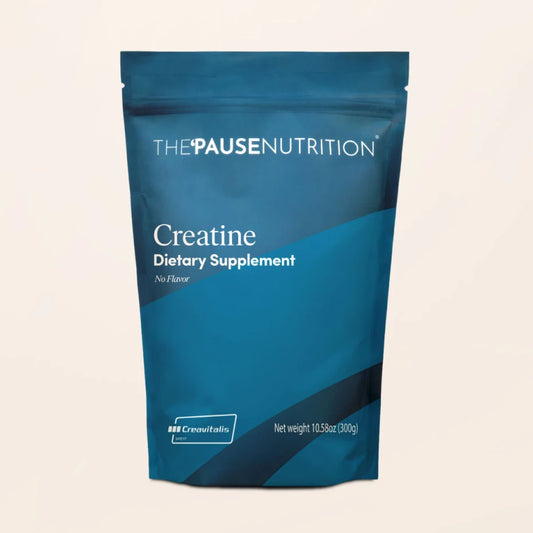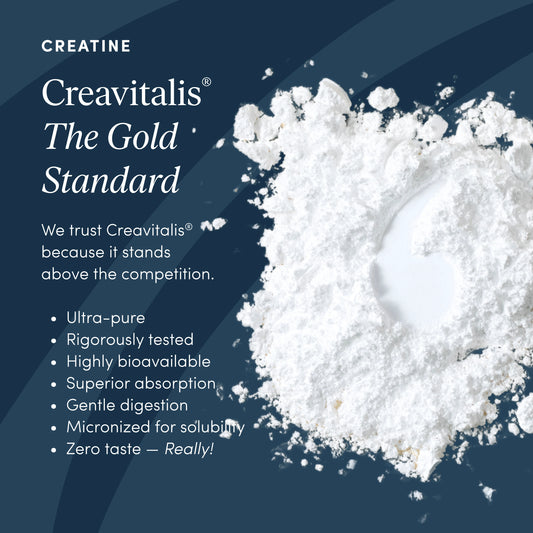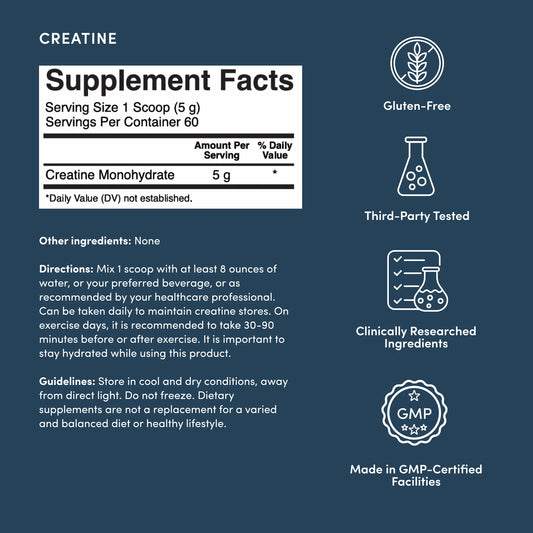Omega-3, Vitamin D3 & K2: Partners In Health
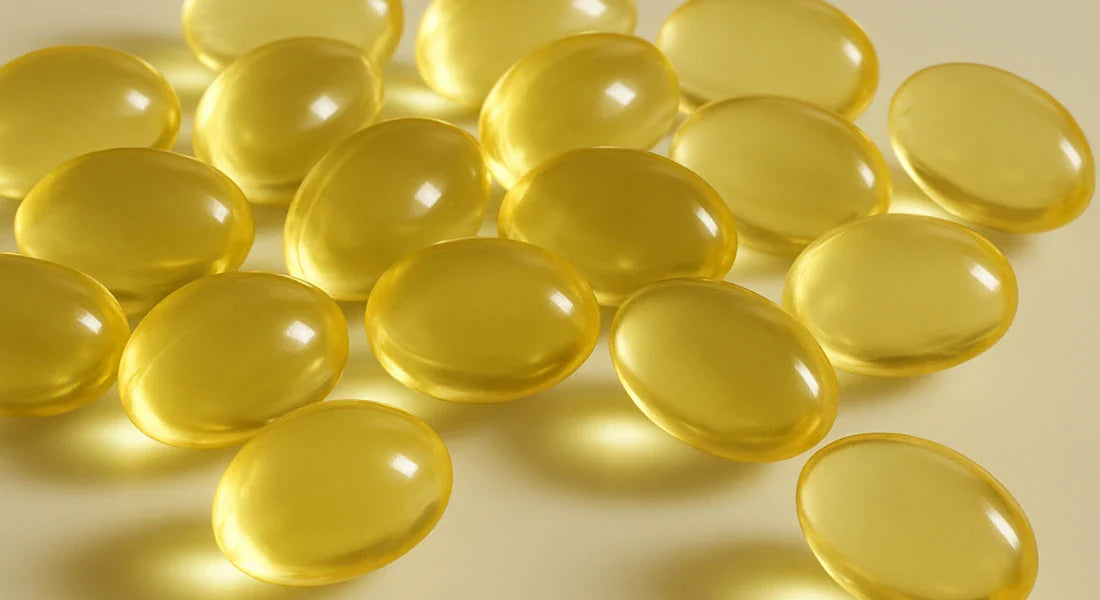
Share
Supplements are certainly no match for the nutrition of whole foods in meals built with lean protein, fruits, and vegetables, but they can be vital to your health when there is a deficiency due to lifestyle, health conditions, and the modern western diet.1 In addition, many of us don’t eat the variety of foods necessary to meet all of our nutritional needs, and this is where supplementation can be beneficial.
Recent studies suggest that consuming vitamins D3 and K2, both of which are absorbed more readily when consumed with a healthy fat such as omega-3, can play a central role in calcium absorption and improve bone and cardiovascular health.2
Omega-3
Omega-3 fatty acids are nutrients obtained from food (or supplements) that aid in developing and maintaining a healthy body. They play an important role in the construction of every cell wall you have. They also serve as an energy source and aid in the proper functioning of your heart, lungs, blood vessels, and immune system.3*
Omega-3 fatty acids are naturally found in certain fatty fish and shellfish and in walnuts and flax. Consuming fish high in omega-3 two to three times per week is recommended, but if fatty fish is not to your taste, adding an omega-3 supplement to your routine may be helpful.4 Ultimately, supplementation is a great way to provide support to the heart and vascular systems.3 *
Vitamin D
Vitamin D is a hormone which is largely made by the body in the skin with exposure to UV radiation from the sun, though we do get some from our diets and has three forms; vitamin D1, D2 and D3. It is critical to many biological processes. In addition, vitamin D improves calcium absorption from the intestines and is helpful in maintaining the calcium and phosphorus levels that our bodies need to make strong bones.6*
Most of our human diets are deficient in this vital hormone and incorporating foods high in vitamin D is a worthwhile endeavor, though supplementation is widely recommended. Over 42% of Americans are deficient in Vitamin D, and this number can approach 85% in menopause.5
Vitamin K2
Vitamin K2 is also a fat soluble vitamin. Researchers are discovering that vitamin K might be just as crucial to our overall health as vitamin D.2 Vitamin K preserves elastin, a protein the body produces that keeps blood vessels flexible and elastic.2*
The Benefits Of Partnership
Many vitamins, minerals and nutrients complement each other. The combination of omega-3, vitamin D3 and vitamin K2 is an excellent example. Fat soluble vitamins D and K partner well with the essential fatty acid, omega-3, which aids in their absorption.
This powerful combination may help to support our brain, joint, eye, immune, cardiovascular and bone health. Unfortunately, most of us do not get enough of these nutrients from our daily diets, so with the support of a healthcare provider, one may consider adding them into a daily supplement routine to support overall wellness.*














